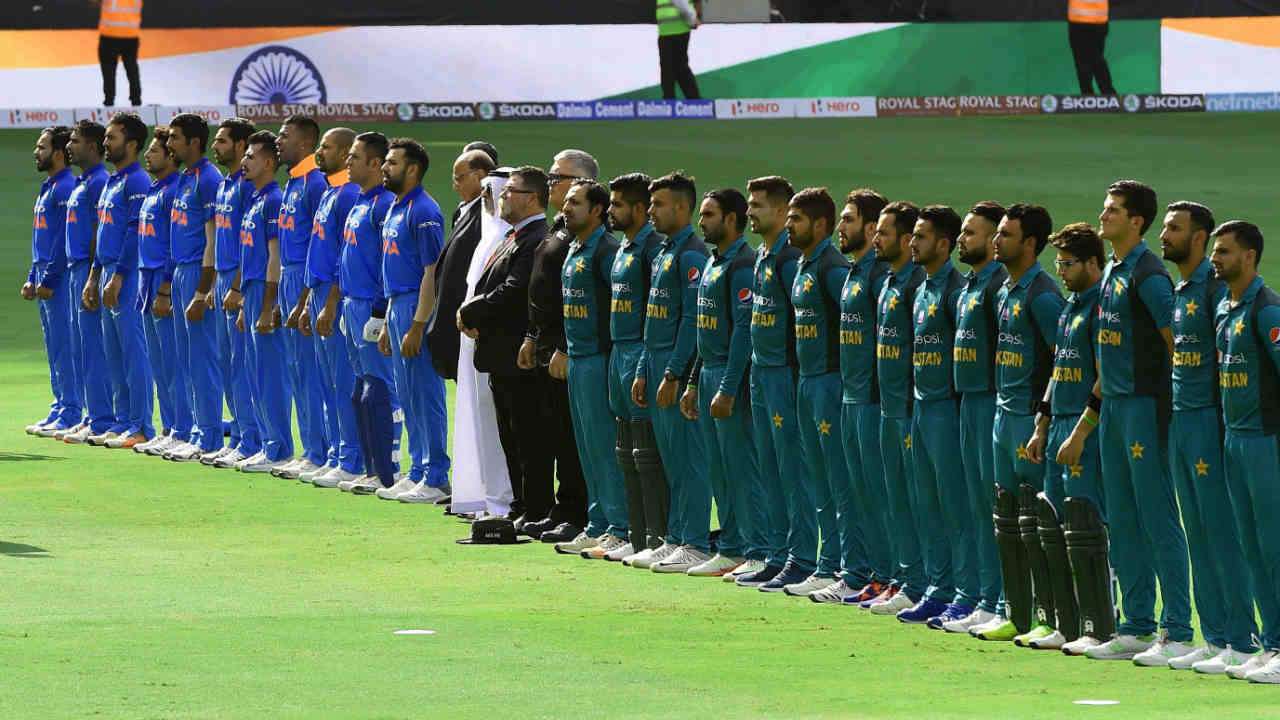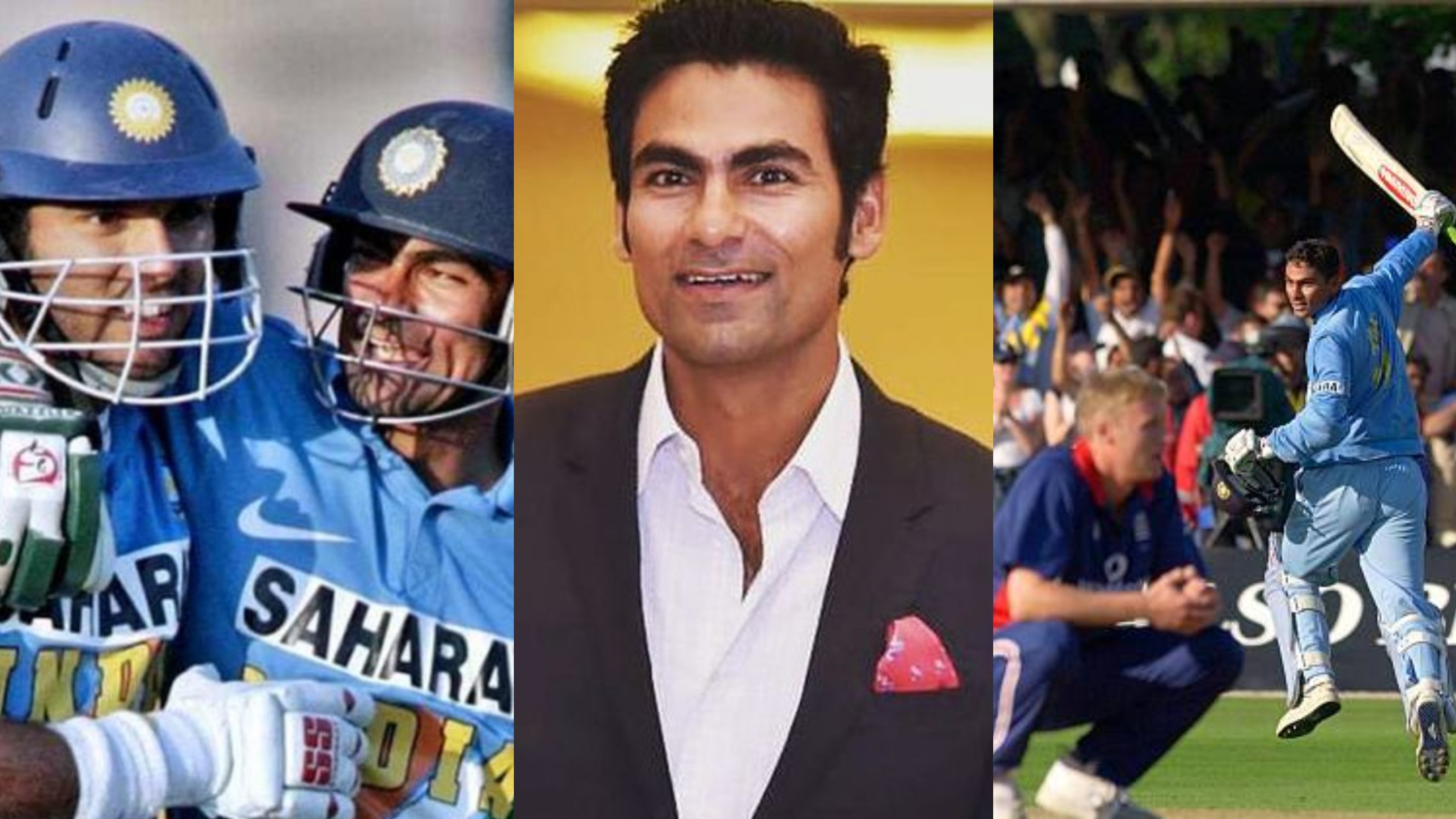 Postponement of this year's edition of the Asia Cup T20 to 2021 would have "minimal" financial impact on Pakistan and other major Asian countries, but will certainly be a blow to the emerging nations within the region, said Pakistan Cricket Board (PCB) chairman Ehsan Mani.
Postponement of this year's edition of the Asia Cup T20 to 2021 would have "minimal" financial impact on Pakistan and other major Asian countries, but will certainly be a blow to the emerging nations within the region, said Pakistan Cricket Board (PCB) chairman Ehsan Mani.
Originally due to be played in September, the tournament has been postponed to next year in wake of the COVID-19 pandemic.
Read Also: PCB tells Danish Kaneria to approach ECB if he wants to resume playing cricket
The deadly outbreak has forced the Asian Cricket Council (ACC) to look for a potential new window in June 2021, with confirmation that the PCB has already exchanged hosting rights with its Sri Lankan counterpart, SLC.
"The staging of the Asia Cup has been postponed due to circumstances beyond the control of any of the ACC countries," Mani told Cricbuzz in an interview.
"The Sri Lankan Cricket Board and PCB agreed some time ago that Sri Lanka would host the next Asia Cup instead of Pakistan, as it is more likely that Sri Lanka will be in a position to host it as the COVID-19 impact there appears to be in better control than in most countries in our region."
"The financial impact on Pakistan is minimal; the importance of the Asia Cup is that it generates funds for the development of the emerging cricket nations in Asia. There is complete consensus within ACC on the timing of the Asia Cup," he added.
Meanwhile, Mani, who is now nearing the end of the second year into his office term, stressed upon what he felt was his biggest challenge before taking over the job.
"Improving the governance of the board," he said. "The powers of the chairman were very wide with little day-to-day checks and balances. The chairman was also the chief executive, there was a conflict of interest."
"The chairman leads the board which sets the policy which should be implemented by the chief executive and his team. I was of the view that the chairman should not hold both roles," Mani added. "I set about separating the two roles to eliminate the conflict of interest and improve transparency in the way the board conducted its affairs."
"We now have a chief executive who leads the management team with properly documented delegated powers. We have introduced transparency in the way the board conducts its business; our audited financial statements are published on our website, the expenses of the chairman and the Board of Directors are published and updated on a quarterly basis," he concluded.



